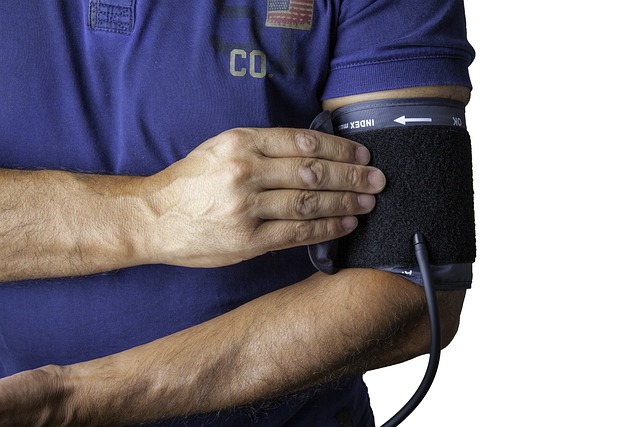Heart Disease in Women: Recognize the Risks and Take Control of Your Heart Health
Heart disease remains a critical health concern for women, often misunderstood and underdiagnosed. While many believe heart problems are primarily a male health issue, women face unique cardiovascular challenges that require specialized attention and proactive management. Understanding the nuanced ways heart disease manifests in women can be the first step toward comprehensive health protection and prevention.

How Does Heart Disease Affect Women Differently?
Women experience heart disease differently from men, with subtle symptoms that can be easily overlooked. Biological factors such as hormonal changes, genetic predispositions, and reproductive health significantly impact cardiovascular risk. Women are more likely to experience atypical heart attack symptoms like extreme fatigue, neck or jaw pain, and digestive discomfort, which can lead to delayed diagnosis and treatment.
Common Signs and Symptoms to Watch For
Recognizing potential heart disease indicators is crucial for early intervention. Key symptoms include:
-
Chest discomfort or pressure
-
Shortness of breath
-
Unexplained fatigue
-
Pain radiating to the neck, jaw, or back
-
Irregular heartbeat
-
Dizziness or lightheadedness
Women should pay close attention to these symptoms, especially during periods of hormonal transition like menopause or pregnancy.
Diagnostic Tests and Average Healthcare Costs
Comprehensive heart health assessment involves multiple diagnostic procedures. Here’s a breakdown of common tests and estimated costs:
| Diagnostic Test | Average Cost | Typical Purpose |
|---|---|---|
| Electrocardiogram (ECG) | $50 - $200 | Measure electrical activity of the heart |
| Echocardiogram | $200 - $600 | Assess heart structure and function |
| Stress Test | $200 - $800 | Evaluate heart performance during physical activity |
| Coronary Calcium Scan | $100 - $400 | Detect early signs of heart disease |
Prices, rates, or cost estimates mentioned in this article are based on the latest available information but may change over time. Independent research is advised before making financial decisions.
Lifestyle Factors That Influence Heart Health
Proactive lifestyle modifications can significantly reduce heart disease risk. Critical factors include:
-
Maintaining a balanced, nutrient-rich diet
-
Engaging in regular cardiovascular exercise
-
Managing stress through meditation or counseling
-
Avoiding smoking and limiting alcohol consumption
-
Monitoring blood pressure and cholesterol levels
Navigating Medical Care and Potential Expenses
Effective heart disease management requires a comprehensive approach. Women should:
-
Schedule regular check-ups with healthcare providers
-
Understand family medical history
-
Consider personalized risk assessments
-
Explore comprehensive health insurance options
-
Prioritize preventative care over reactive treatments
Consulting with specialized cardiovascular healthcare professionals can provide personalized guidance tailored to individual health profiles.
This article is for informational purposes only and should not be considered medical advice. Please consult a qualified healthcare professional for personalized guidance and treatment.




